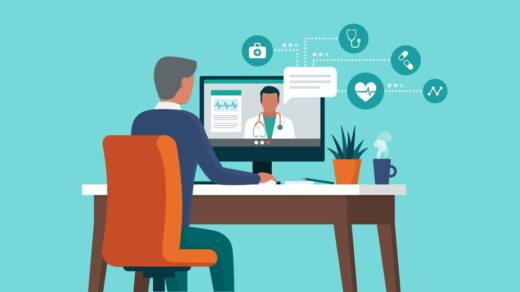The digital health revolution is transforming the pharmaceutical industry, creating exciting new career opportunities at the intersection of technology and healthcare.
Emerging Technologies Driving Change:
- Artificial Intelligence and Machine Learning
- Telemedicine
- Wearable Devices
- Digital Therapeutics
- Blockchain for Health Data Management
New Career Paths:
- Health Data Scientist
Role: Analyze large datasets to improve drug development and patient outcomes
Skills needed: Data analysis, machine learning, biostatistics - Digital Therapeutics Developer
Role: Create software-based therapeutic interventions
Skills needed: Software development, clinical knowledge, regulatory understanding - Telehealth Coordinator
Role: Manage and optimize telehealth systems
Skills needed: Healthcare administration, technology proficiency, patient care experience - AI Drug Discovery Specialist
Role: Use AI to identify potential drug candidates
Skills needed: AI/ML expertise, chemistry, biology - Wearable Technology Product Manager
Role: Oversee development of health-monitoring wearables
Skills needed: Product management, bioengineering, user experience design
Preparing for a Digital Health Career:
- Pursue relevant education (e.g., bioinformatics, health informatics)
- Gain experience with health-related technologies
- Stay updated on regulatory changes in digital health
- Develop a multidisciplinary skill set
- Network with professionals in both tech and pharma
Dr. Sarah Lee, Chief Digital Officer at a leading pharma company, advises, “The most successful candidates in digital health are those who can bridge the gap between technology and healthcare. Cultivate both technical skills and a deep understanding of patient needs.”
Future Trends:
- Personalized medicine powered by AI
- Virtual clinical trials
- Integration of social determinants of health into digital platforms
- Increased use of virtual and augmented reality in healthcare
Conclusion:
The digital health revolution offers exciting opportunities for professionals looking to make a significant impact at the intersection of technology and healthcare. By developing a diverse skill set and staying abreast of emerging technologies, individuals can position themselves for rewarding careers in this rapidly evolving field.



